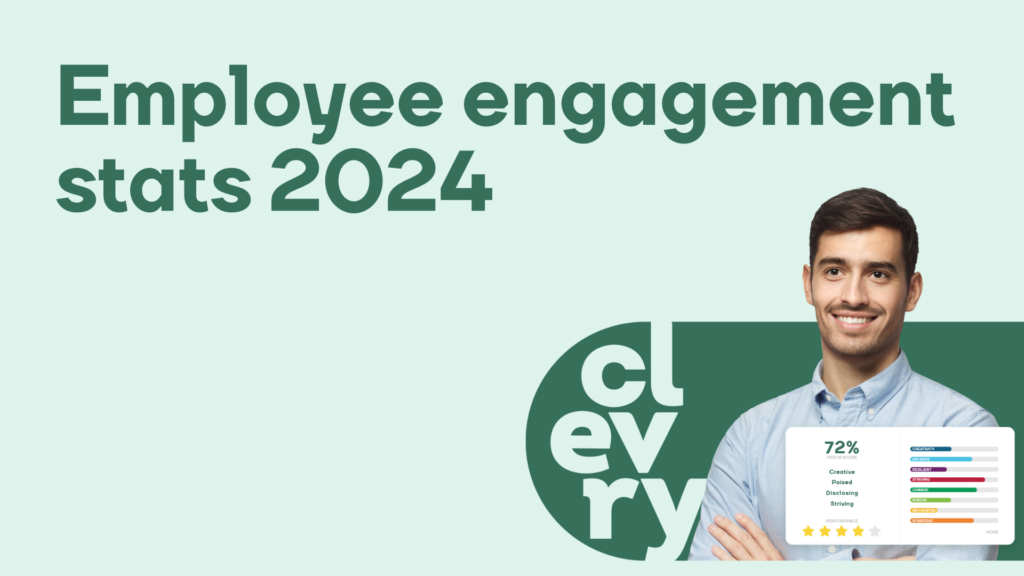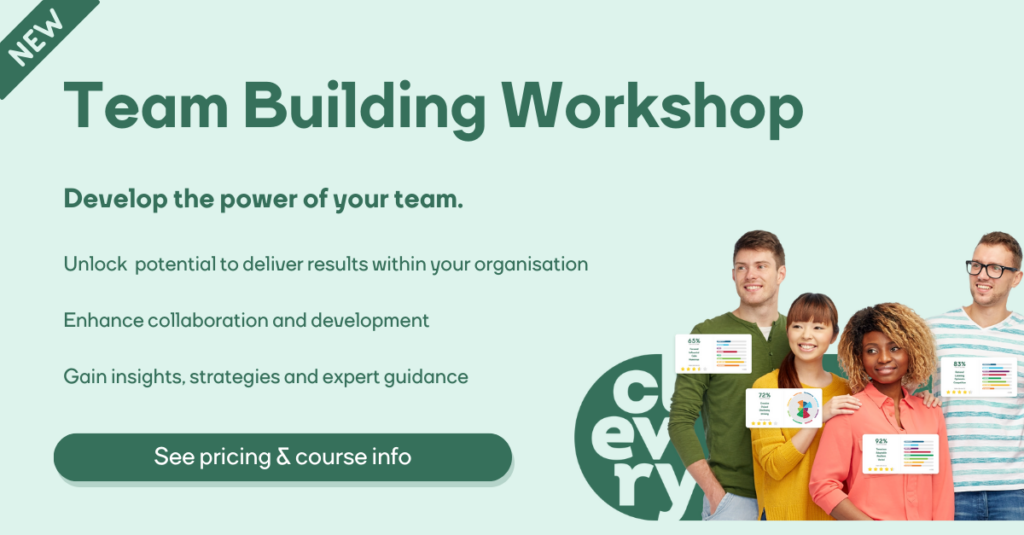What is employee engagement?
Wikipedia describes employee engagement as ‘’a fundamental concept in the effort to understand and describe, both qualitatively and quantitatively, the nature of the relationship between an organisation and its employees.’’
At its core employee engagement can be more easily described as the relationship between work, an organisation and its employees.

Why employee engagement matters
Employee engagement plays a key role in businesses having a productive workforce.
If businesses want to succeed then employers should do everything in their power to make their employees feel like valued members of the organisation. However, building and then maintaining a motivated and engaged workforce isn’t as easy as it sounds.
The risks or poor employee engagement
Low employee engagement can impact more than just how an employee feels about working for your organisation.
There’s an old saying that goes something like ‘’one rotten apple can spoil the bunch’’, and while we don’t agree with referring to people as ‘rotten’ (or apples), this can be true of employee engagement and the effect it can have on the rest of your workforce.
From disrupting a previously harmonious work environment to decreasing morale and increased costs, poor employee engagement can create a knock on effect that can cause a company to stagnate over time.
By following some basic employee engagement tips, most organisations will be able to circumvent this to a large degree.
Employee engagement statistics 2024
One Gallup study, conducted in November 2023, found that global employee engagement sits at 23%, a 2% increase from the previous year (Gallup)
Compared with 2020 employee engagement data, employees generally still feel more detached from, and less satisfied with their organisations, and are less likely to connect to the companies’ mission and purpose (Gallup)
40% of respondents were considered highly engaged employees, which increased to 60% when organisations acted on social issues (Happeo)
Organisations offering flexible working options saw 55% of their workforce as high performers, compared to 36% in traditional non-flexible 40-hour work weeks (Happeo)
87% of employees expect their employer to support them in balancing work and personal life (Happeo)
79% of employees who quit their jobs cite a lack of appreciation as a key reason for leaving (Happeo)
63.3% of companies say retaining employees is harder than hiring them (Happeo)
Companies that allow remote work have a 25% lower employee turnover rate (Happeo)
Currently only 45% of employees clearly know what is expected of them at work. Unclear expectations often contribute towards poorer employee engagement (Gallup)
One study found that receiving feedback on a weekly basis improved employee engagement by as much as 43% (Smallbiztrends)
Highly engaged business units are 21% more profitable (Smallbiztrends)
87% of employees are less likely to leave a job if they are engaged (Smallbiztrends)
80% of millennials think it’s okay to quit a job if it’s not what they expected (Smallbiztrends)
Work flexibility was cited as the top reason for job hunting in 2023, equally important as career progression, with 28% of respondents saying that work flexibility was the main motivation for staying in their job (Achievers)
73% of employees would consider leaving their jobs for the right offer, even if they weren’t actively looking (Haiilo)
37% of employees consider recognition the most important factor for their success at work (Haiilo)
One study by Quantum Workplace found that the pandemic has drastically changed organisational culture with 42% of employees saying that their culture has improved, while 21% of those surveyed said it had declined (Quantumworkplace)
19% of HR professionals are concerned about losing their jobs, a 12% increase over 2022 (AccessPerks)
Job satisfaction among Gen Z is only at 60% in 2023 (Metlife)
60% of HR professionals are more stressed today than they were 3 years ago (McLean)
Employees who believe their company to be transparent have 8.8x greater job satisfaction (Future Forum)
One Gartner survey from June 2023, of over 3000 people, found that those who reported being energised and excited about their work were 31% more likely to stay with their company, 31% more likely to go above and beyond, and contributed 15% more (Gartner)
Organisations that support their managers in engagement action planning, can increase employee engagement by as much as 51% (Gartner)
A June 2023 survey by Gartner found that 40% of employees would prefer their organisation fixed difficult processes rather than providing development opportunities (Gartner)
64% of managers surveyed by Gallup said that their employees were given additional responsibilities in 2023, a knock on effect that is likely to continue due to ongoing economic uncertainty (Gallup)
51% of currently employed workers said they are watching for or actively seeking a new job. Gallup data consistently show that engaging employees can create a moat of protection around them (Gallup)
53% percent of employees said now is a good time to find a job where they live, a sharp increase from the previous year and close to the record high in 2019. Every region of the world but one saw a rise in the number of workers who said it is a good time to find a job (Gallup)
USA engagement statistics
According to one Gallup poll from November 2023, 33% of U.S. employees are engaged, and 17% are actively disengaged (Gallup)
Unngaged or actively disengaged employees account for approximately $1.9 trillion in lost productivity nationall (Gallup)
29% of employees in the US with remote-ready jobs reported they’re working fully remotely, while 52% said they work in a hybrid model (Gallup)
The ratio of engaged to actively disengaged workers in the U.S. currently sits at 2.1-to-1 in 2023, an increase from 1.8-to-1 registered in 2022 (Gallup)
51% of American workers are highly satisfied with their job overall (Pew Research)
Four out of 10 U.S. workers report that their job has an extremely negative (7%) or somewhat negative (33%) impact on their mental health (Gallup)
The answer to poor employee engagement
In a world where employee engagement is more crucial than ever, the latest statistics reveal a pressing need for teams to strengthen their bonds, enhance communication, and drive performance. The Clevry Team Building Workshop is your key to turning these challenges into opportunities.

Why choose our workshop?
This specialised workshop is built around our innovative Team Strengths Model, designed to deepen team members’ understanding of their roles, strengths, and the dynamics essential for effective teamwork.
Whether you’re in HR, a team leader, or stepping into management, our workshop is tailored to empower your team with:
- Enhanced self-awareness
- Improved team cohesion
- Effective communication
- Goal setting and action planning
- Strengthened collaboration
- Better performance and delivery of business results
Led by our team of occupational psychology experts, including Dr. Alan Redman, our workshop is more than just a training session. It’s a transformative experience that equips your team with the tools for continuous improvement and sustained engagement.
Ready to Transform Your Team?
Elevate your team’s performance and engagement in 2024 with the Clevry Team Building Workshop. Discover the difference that expert-led, evidence-based development can make. Join the ranks of our satisfied clients and see firsthand how enhancing team dynamics can lead to unparalleled success.
Contact us today to learn more and schedule your workshop.



